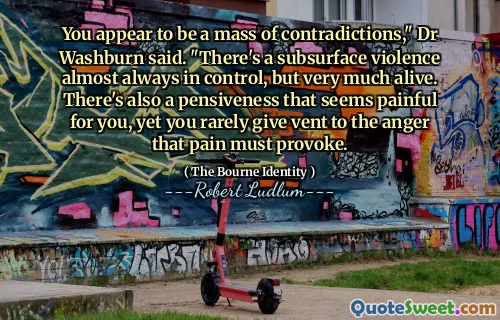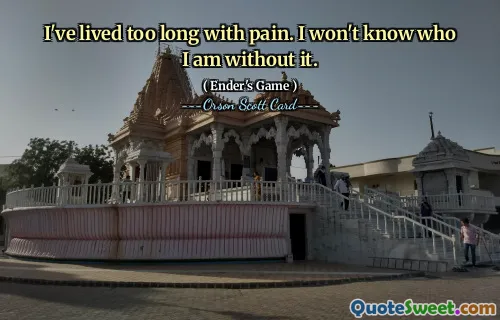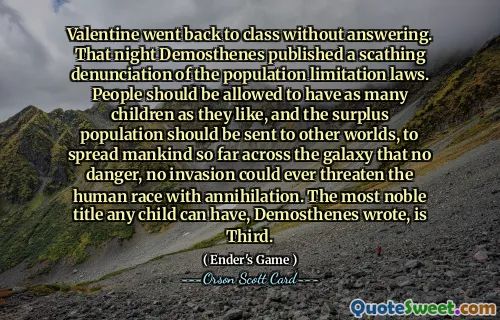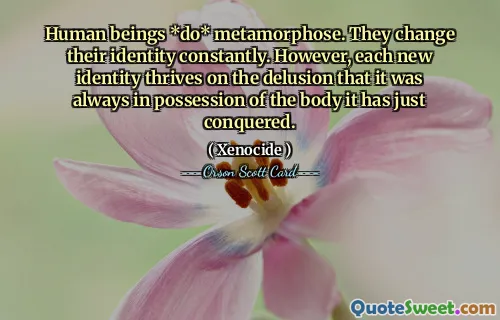
Say you were split, you were split in fragments and none of the pieces would talk to you. Wouldn't you want to be who you had been? Well, maybe I'd want that too.
This quote reflects a deeply human reflection on identity, fragmentation, and longing for wholeness. When life disrupts our sense of self—whether through emotional turmoil, loss, or personal change—we sometimes feel as though we've been shattered into countless pieces. The metaphor of being split into fragments captures the pain, confusion, and disconnection that come with such experience. Yet, amidst this imagery of brokenness, there's an intrinsic desire to revert to one's former self—the person one once was before the fragmentation occurred. It resonates with the universal yearning for stability, familiarity, and understanding in the face of change.
The quote also hints at a subtle acknowledgment of the complexity of change; the speaker admits perhaps they too would wish for the simplicity of their past, suggesting that growth often involves a loss of parts of ourselves. This longing reveals the bittersweet nature of transformation—how sometimes, to grow or adapt, we must also let go of who we once were. It invites introspection about identity: Are we truly static, or do we evolve into new selves, often with residues of past identities? The reflection on disconnection, with phrase "none of the pieces would talk to you," emphasizes feelings of alienation from ourselves, highlighting how internal discord can make us feel fundamentally apart from our own sense of self.
Overall, the quote captures the tension between change and constancy, between the desire for familiarity and acceptance of growth. It evokes empathy for anyone who has experienced moments of disintegration, reminding us that desires for wholeness and reconciliation with our former selves are natural. Embracing these feelings can be a vital part of healing, offering reconciliation with both who we were and who we are becoming.











